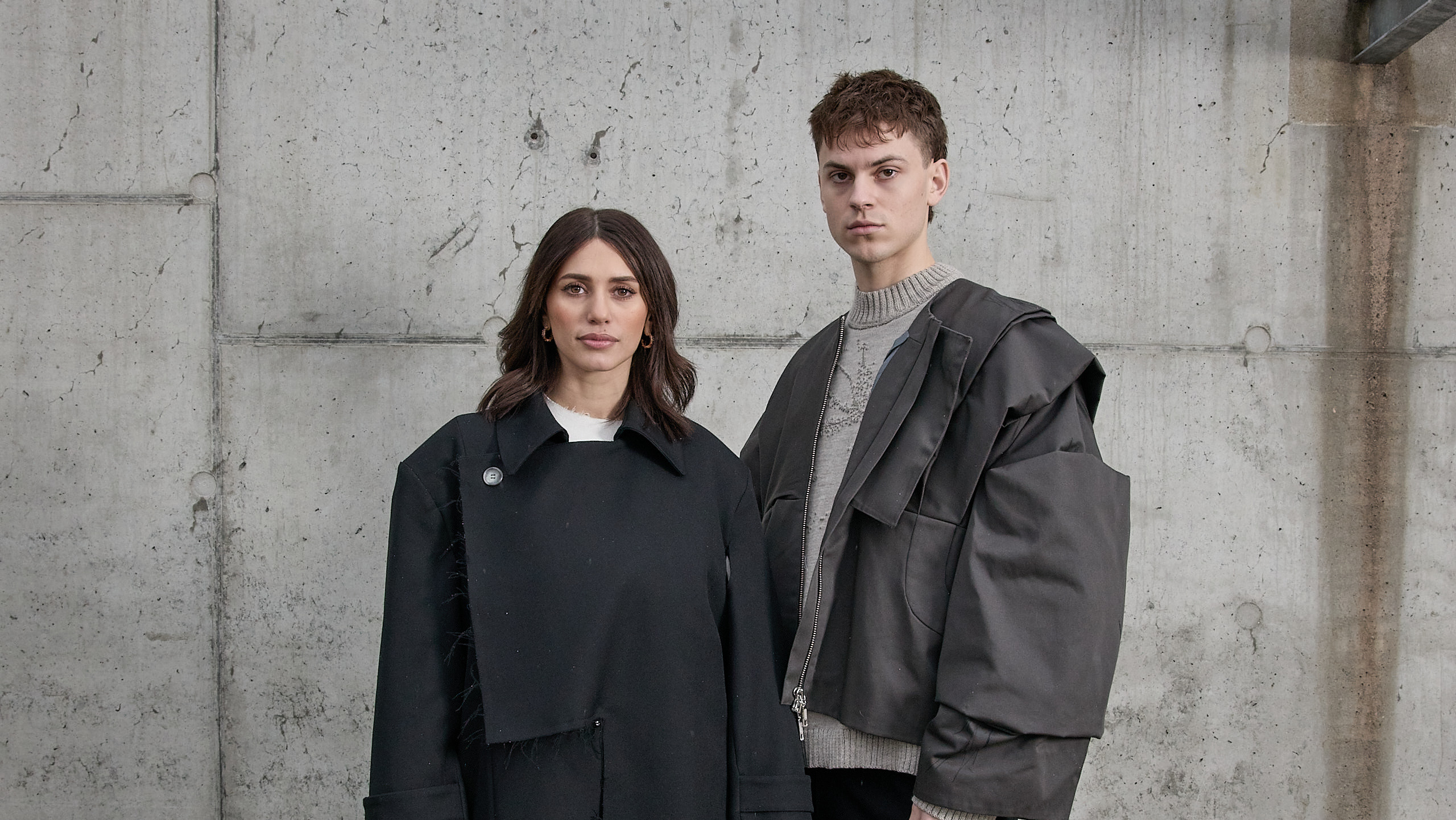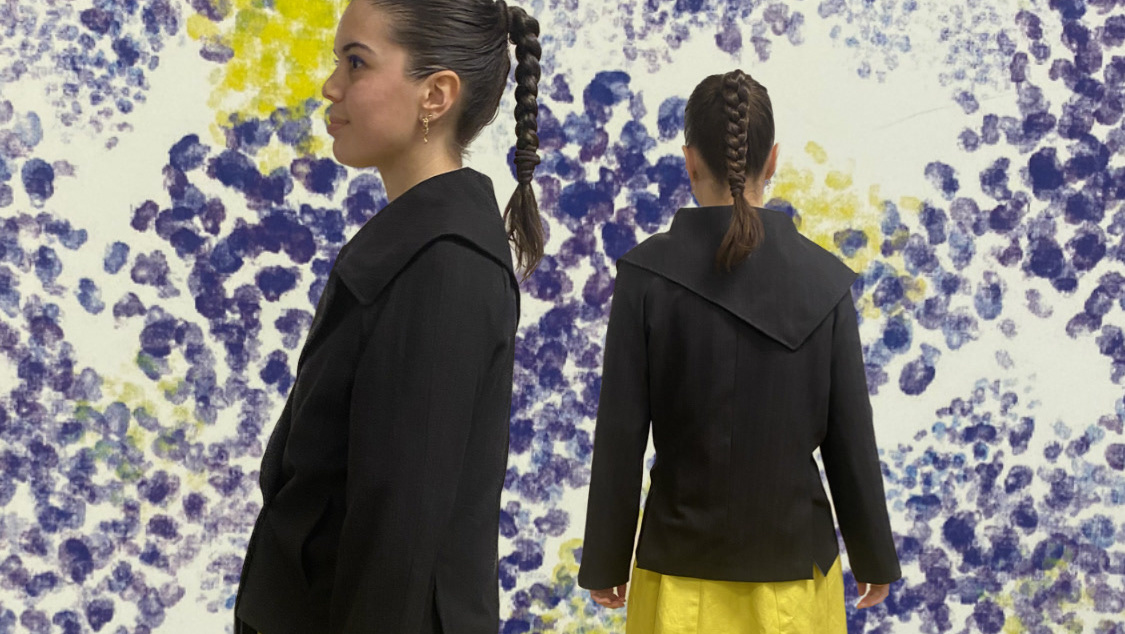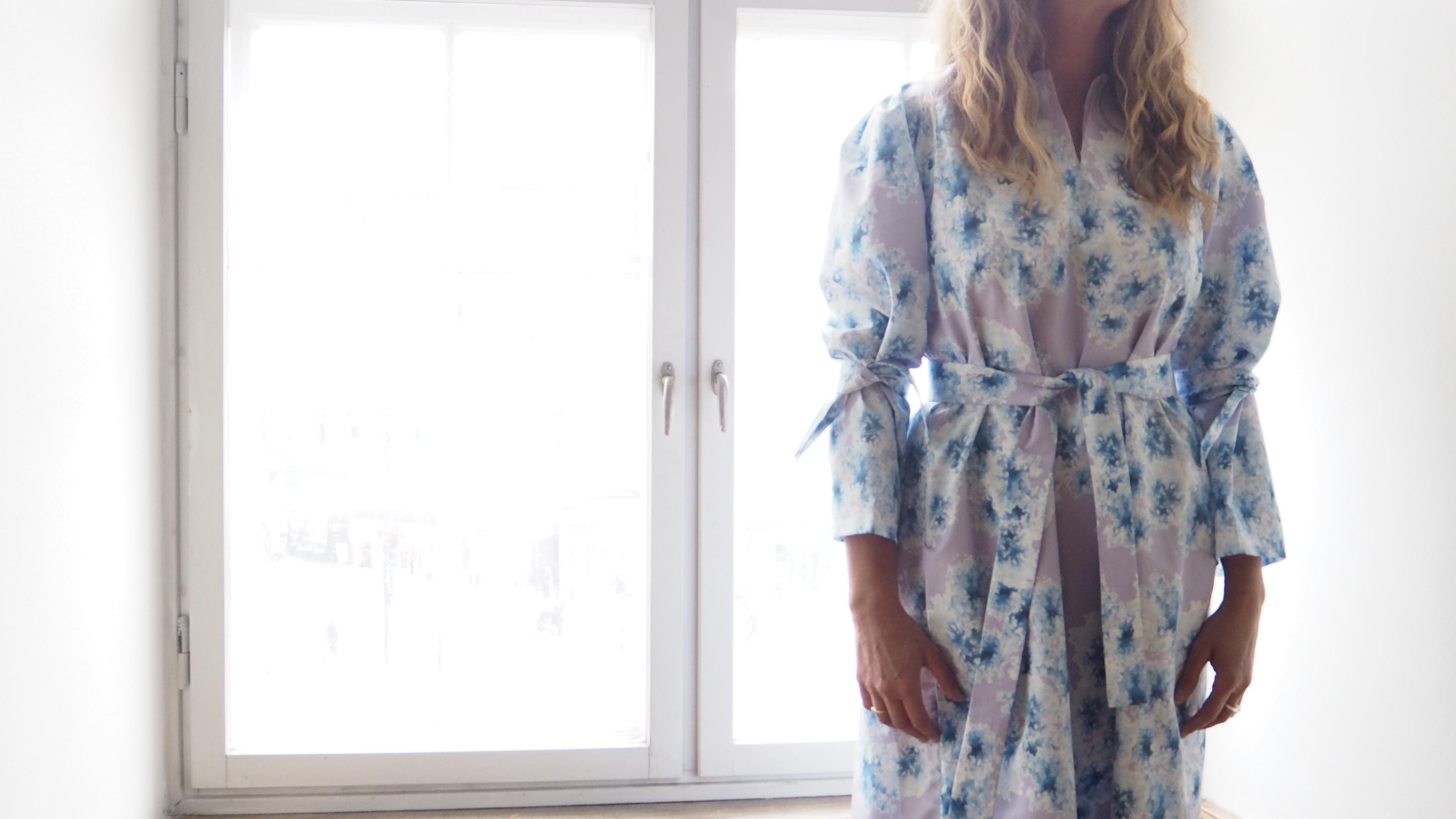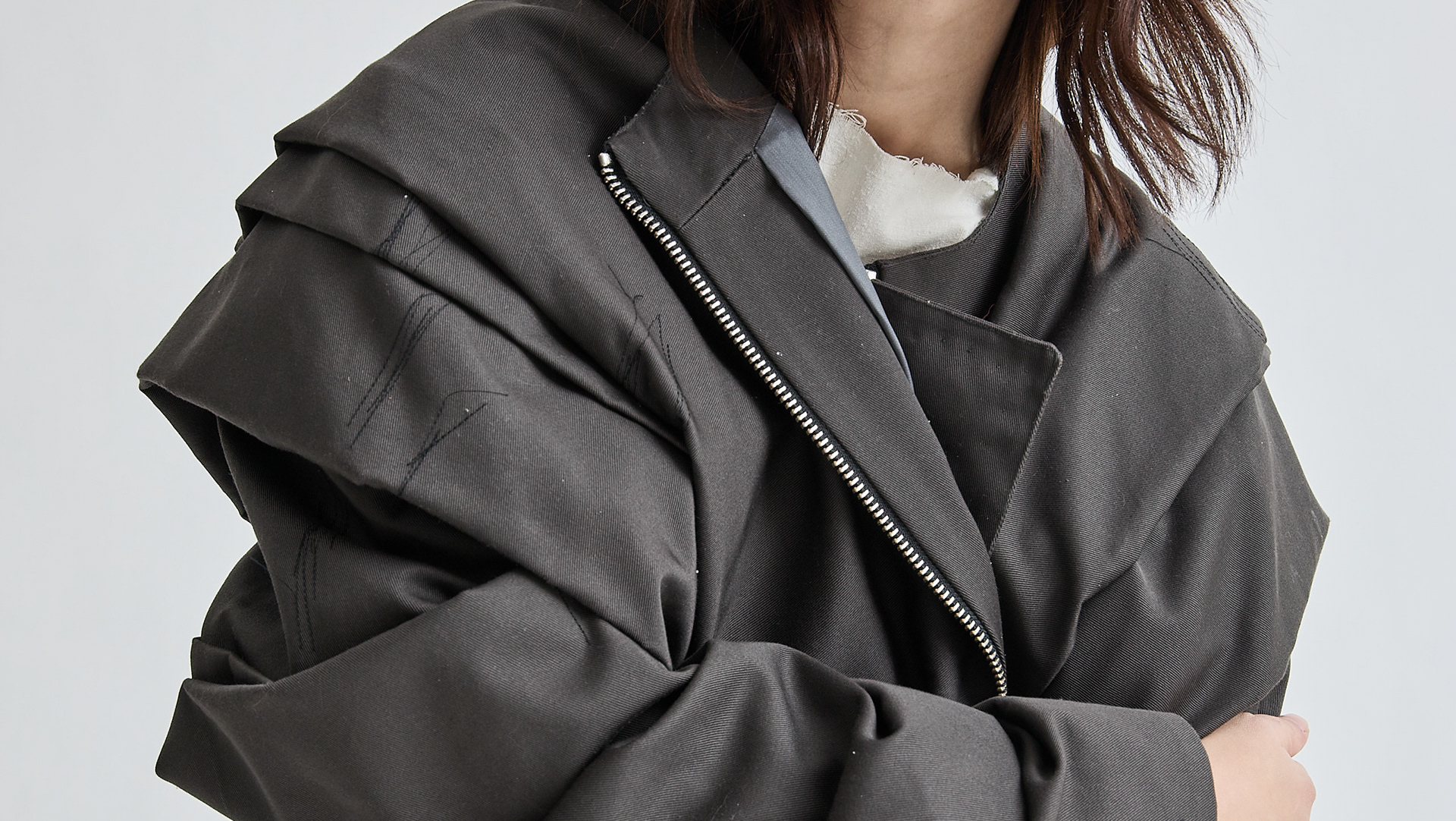Thank you for the collaboration!
A few weeks ago, I was present at CIFF, where, in collaboration with VIA University College and Epson, I showcased how we can inspire the upcycling of deadstock.
To meet the industry's needs, we have focused on inspiring new possibilities, including our own initiative. Deadstock poses a significant challenge due to the overproduction of textiles that either go unused or lose value as they become outdated. Our initiative addresses and contributes to solving this issue.
In the aim of giving textiles new life and recycling them one more time before they are recycled, there are several advantages for companies in using digital printing. For this innovative project, I designed various prints that are transferred onto discontinued textiles supplied by Selfmade and X-Company. The printing process occurs in two different ways depending on whether the fiber type is predominantly synthetic or natural. For synthetic textiles, eco passport-certified discharge ink is used, printed onto paper, and then, through heat and pressure, the dye is sublimated onto the fabric. For textiles predominantly composed of natural fibers, it is possible to directly print onto the fabric using pigment ink, where the dye is eco passport certified. The printed fabric is then heat-pressed, resulting in an entirely new design.
As a newly graduated fashion designer, in my perspective, it is particularly relevant to address the deadstock issue by exploring and finding solutions that contribute positively to the future. I am personally honored to be involved in collaborations that can inspire and contribute to a greener future. It has been an inspiring process, one that I have enjoyed exploring with some fantastic individuals!
A lot of thanks to everyone who visited us at CIFF for engaging dialogues and textile printing experimentation.





